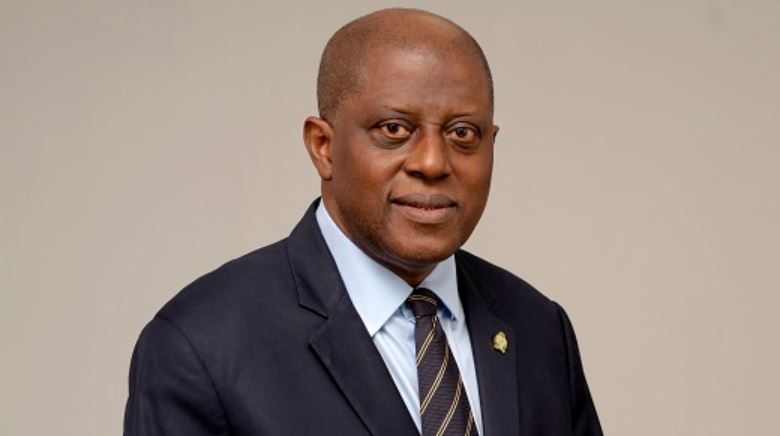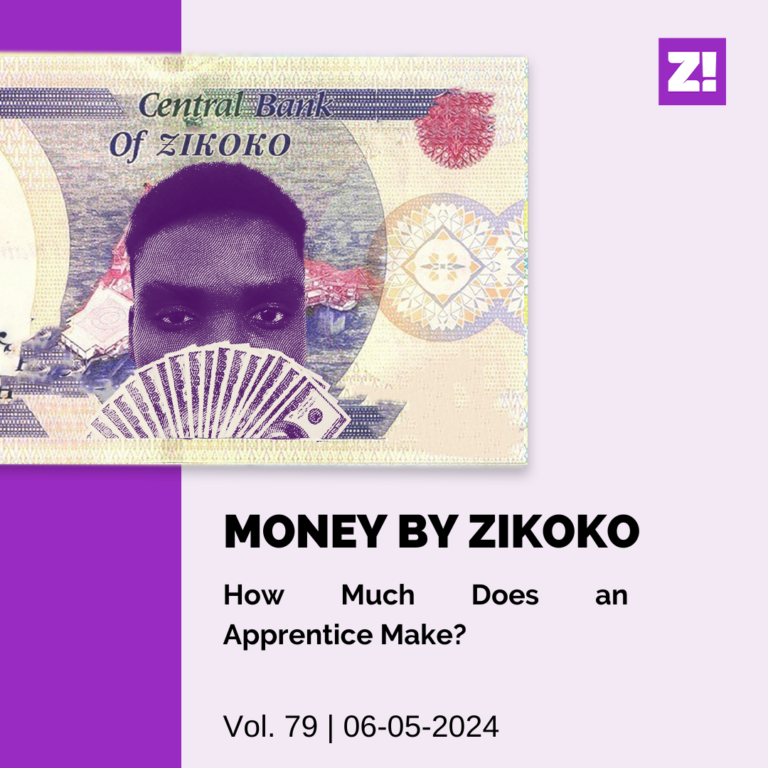Three days after Nigerians voted in the presidential elections, it’s still too close to call and no one knows who the next president will be yet. However, some patterns have emerged, and the 2023 elections seem to be taking a few pages from the events of the 1979 presidential election.
Let’s start with the candidates
In the months leading up to the 2023 general elections, four candidates became favourites to win the presidential election — Peter Obi of the Labour Party, Bola Ahmed Tinubu of All Progressive Congress (APC), Atiku Abubakar of the People’s Democratic Party (PDP) and Rabiu Kwankwaso of New Nigeria People’s Party (NNPP).
The four front-runners represent the east, southwest and north.
This may sound familiar to Nigerians who witnessed the 1979 presidential election, where the exact thing happened.
In 1979, four front-runners for the election emerged. Two candidates (Shehu Shagari and Aminu Kano) were from the north, and the other two candidates (Obafemi Awolowo and Nnamdi Azikiwe) were from the southwest and the east.
The Yoruba candidate took an early lead in both elections
After the 1979 polls closed, early results from 11 states put Chief Obafemi Awolowo of the Unity Party of Nigeria in a comfortable lead with 4.4m votes. At this stage of collation, Dr Nnamdi Azikiwe of the Nigerian People’s Party was in second place with 2.3m votes, and Shehu Shagari of the National Party of Nigeria was in third place with 2.2m votes.
Obafemi Awolowo eventually lost his lead after the official announcement of results from the remaining eight states. In the end, Shehu Shagari amassed 5,688,857 votes, which was enough to beat Awolowo’s 4,916,550 votes.
As it stands in this election cycle, Bola Ahmed Tinubu of APC is in an early lead, having amassed over 4m votes.
But with results from more than 10 states yet to be officially announced, one wonders if history might repeat itself. Will Peter Obi or Atiku Abubakar make a comeback?

The 1979 election was packed with drama
It’s safe to say every general election has come with some drama. For the 1979 general election, the winner had to be decided by a court ruling.
Shehu Shagari won the popular vote, but it didn’t solidify his win as the new president. Because according to the Nigerian constitution, a candidate needs to fulfil two conditions to win:
- Have the highest number of votes.
- Have at least 25% of the vote in two-thirds of the states in the federation.
At the time, Nigeria had 19 states, and 2/3 equalled 12.66. When Shehu Shagari got 25% in 12 states, a bone of contention emerged. How best should the two-thirds requirement be interpreted? Leave it at 12 states or round up to 13 states.

Obafemi Awolowo went for the latter. He argued that Shehu Shagari needed to win 25% votes in 13 states to clinch the seat. And since that didn’t happen, it wouldn’t be right to declare him as the new president without conducting a runoff election. Ultimately, the parties went to court, which ruled in favour of Shehu Shagari.
In 2023, Tinubu is already projected to win 25% in 2/3 states while the popular votes are still up for grabs.
Will Tinubu win both the popular votes and reach 25% in 2/3 states? Or will another candidate challenge him and win in court?
Considering that Peter Obi, especially, has a history of winning in court, the second option would be an interesting event.
ALSO READ: Will Nigerians Need a Runoff Election for the Next President?
Check here for live updates on the ongoing presidential and legislative elections.




